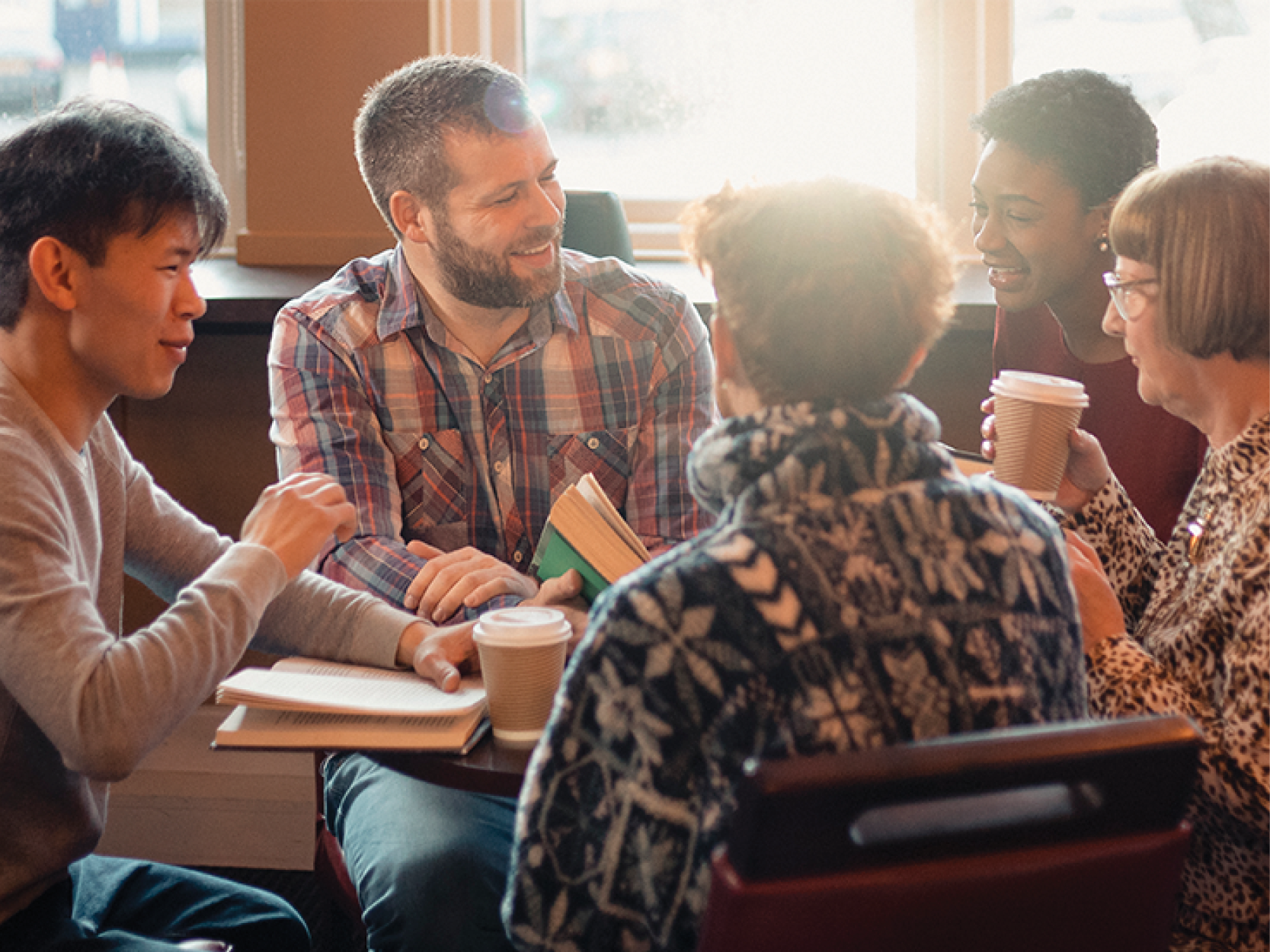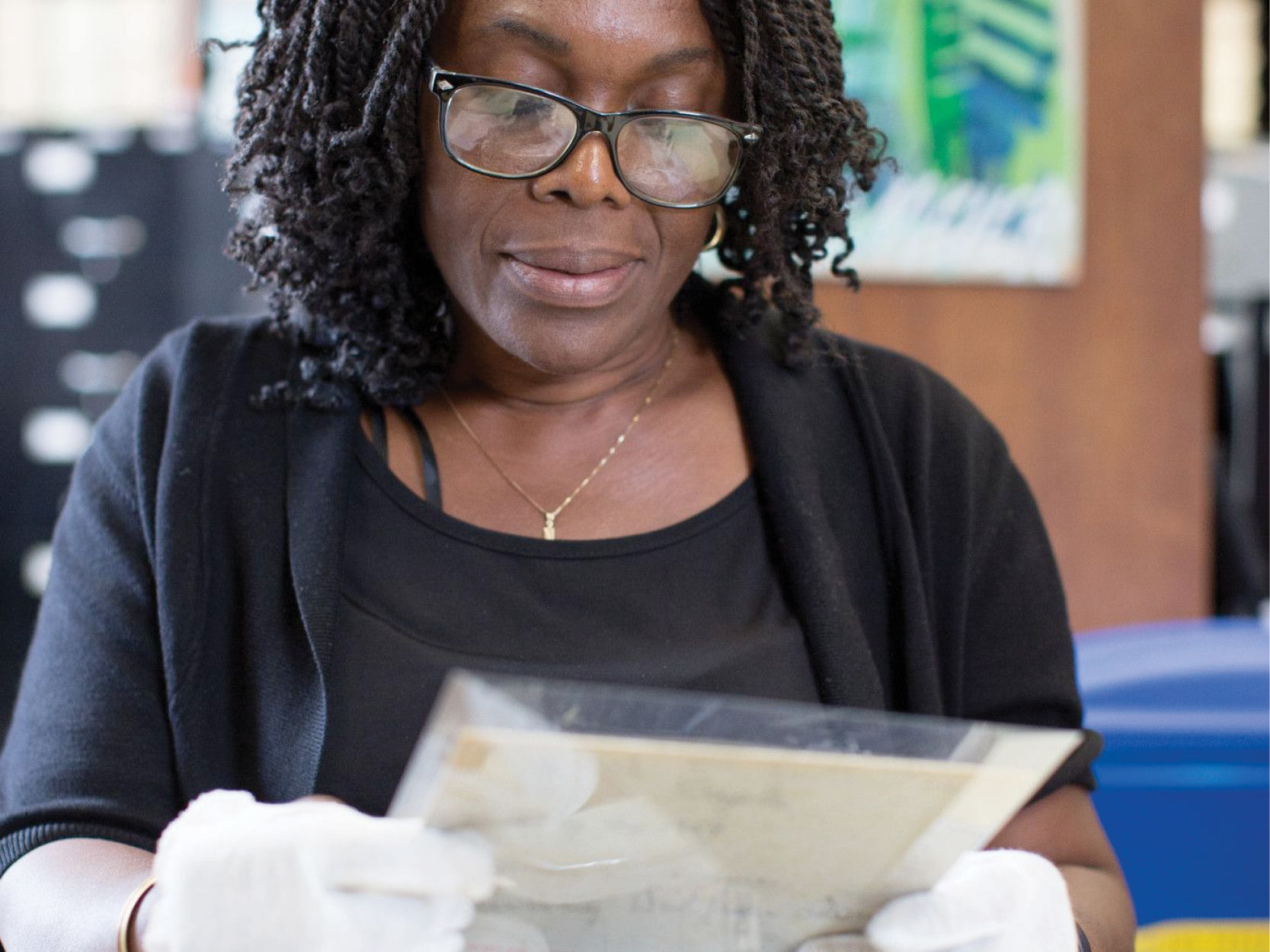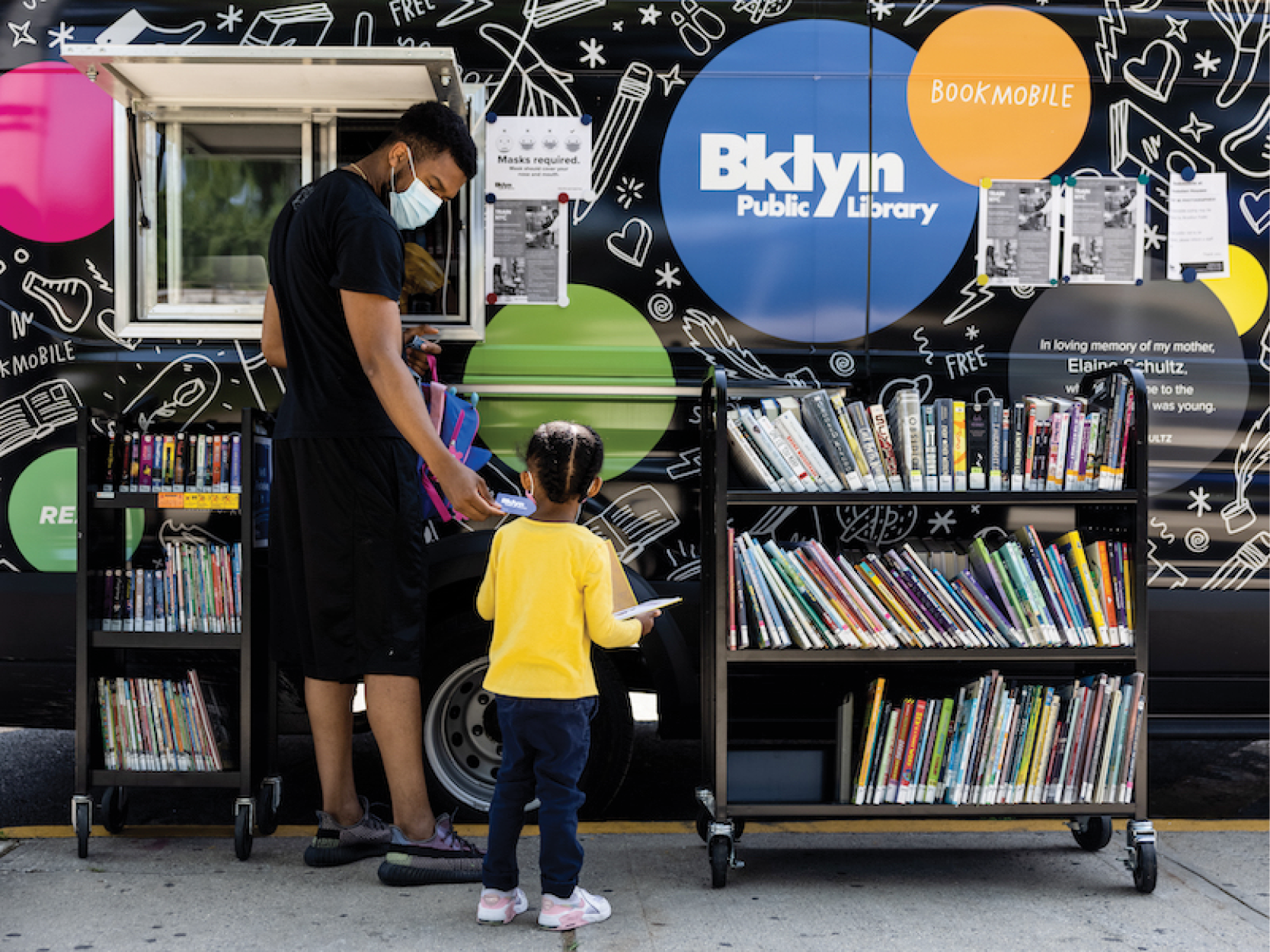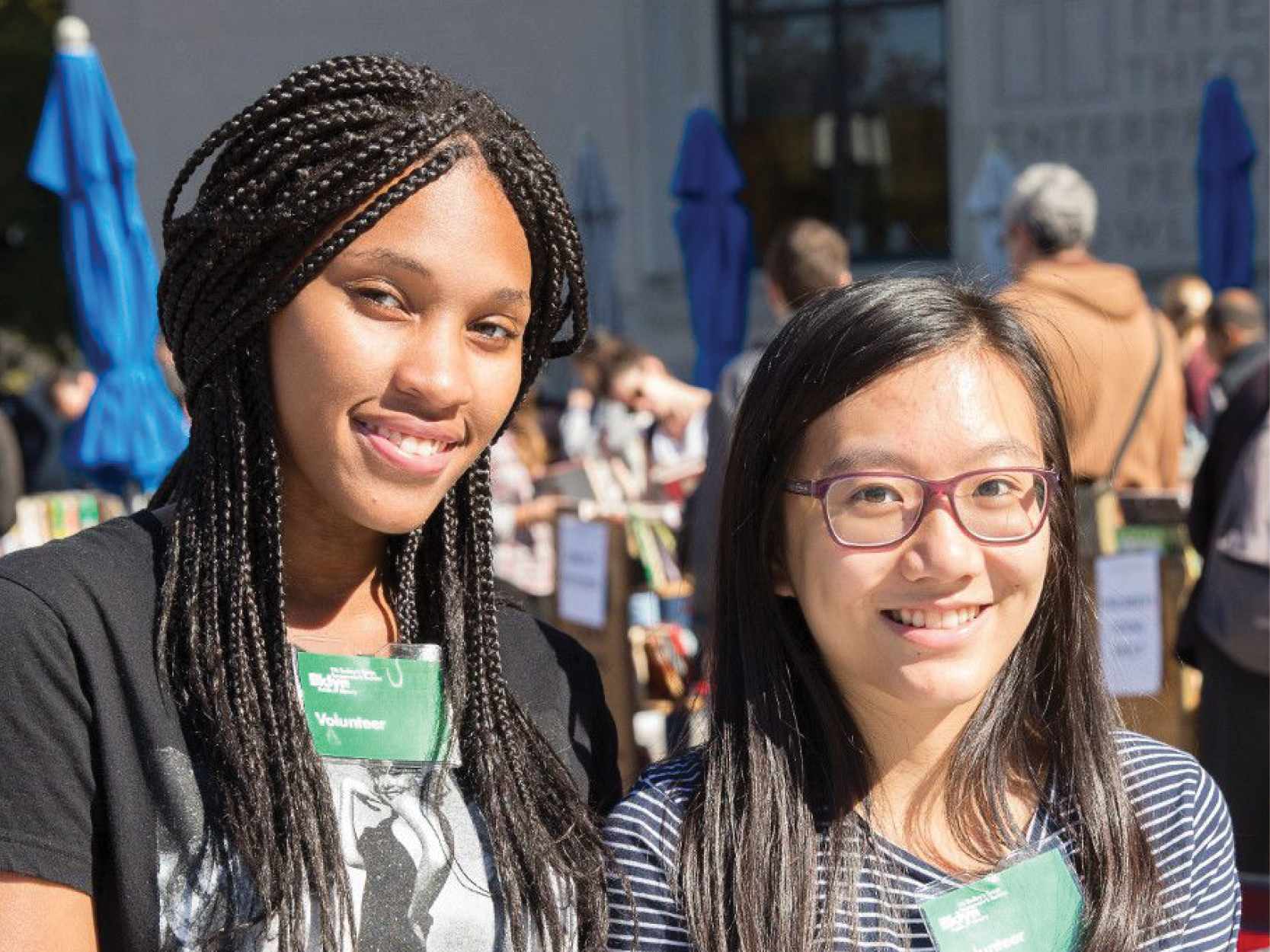 Bound by the Atlantic Ocean and the Hudson Estuary, the land on which New York City sits has always been a place defined by water. But it wasn’t until the devastation of Superstorm Sandy, which hit New York 10 years ago this week, that many of us began to understand what being surrounded by water means for our city’s safety and future.
Bound by the Atlantic Ocean and the Hudson Estuary, the land on which New York City sits has always been a place defined by water. But it wasn’t until the devastation of Superstorm Sandy, which hit New York 10 years ago this week, that many of us began to understand what being surrounded by water means for our city’s safety and future.
Superstorm Sandy, which made landfall in New York City on October 29th, 2012, devastated neighborhoods throughout the five boroughs. Streets, houses and subway stations were overwhelmed with water as New York’s aging infrastructure faced historic storm surges. Here in Brooklyn, many low-lying and coastal neighborhoods were especially hard-hit. Six branches of Brooklyn Public Library were flooded and forced to close. Library staff in some of the worst-hit neighborhoods pivoted to support their communities in the wake of the storm, offering food, blankets and a base for FEMA recovery workers.
As New Yorkers slowly began to recover and rebuild, signs of the storm’s damage edged away. But Sandy’s legacy lingers in our collective memory and has forced our society as a whole into vital conversations about what it means to live in an era of increasingly violent weather.
In the past 10 years, we've come to better understand the indelible link between natural disasters, carbon emissions and a rapidly warming planet. Writers and scientists have offered up new and insightful books that help place natural disasters like Sandy within the wider context of the climate crisis and the fight for a more sustainable future. As we mark the 10-year anniversary of Sandy this week, here are some of the books we're reading to remember, reflect and engage in deeper conversations about protecting our city and our world. –Virginia & Maura
Rising: Dispatches from the New American Shore, Elizabeth Rush
Maura's recommendation: How have rising seas already reshaped the U.S. coastline and where do we go from here? Elizabeth Rush’s Rising: Dispatches from the New American Shore presents readers with this question. From Pensacola to Staten Island to Miami, Rush explores what higher sea levels mean for people, plants and animals along the US coastline. In her lyrical and expansive reporting, Rush takes readers to coastal communities where rising seas are vastly transforming lives and ecosystems. Written from the perspective of a climate reporter, this book is less about the science of climate change and more about the human stories behind it. Rush brings into focus the difficult decisions each of these communities are facing, and what that means for all of us.
Ecosocialism: A Radical Alternative to Capitalist Catastrophe, Michael Löwy
Virginia's recommendation: Ecosocialism: A Radical Alternative to Capitalist Catastrophe. If you’re stumped by the title, as I was when another of my activist friends (and a middle school science teacher) recommended the book to me, French-Brazilian author Michael Löwy defines the term “ecosocialism” in his preface. Ecosocialism is the idea that “preserving the ecological equilibrium of the planet ... is incompatible with the expansive and destructive logic of the capitalist system.” A radical thought, and one that has echoes in environmental activist movements that have emerged since Sandy: namely, our efforts aren't working, and we may not be able to avert a global climate disaster unless we remake the system that Western society was founded on. Though Löwy’s essays are fairly bogged down with philosophical jargon, the ideas are refreshing. Löwy writes well about climate struggles ongoing in Latin America, while posing ecosocialism as a potentially vital way forward for our planet.
As Long as Grass Grows: The Indigenous Fight for Environmental Justice, from Colonization to Standing Rock, Dina Gilio-Whitaker
Maura's recommendation: Indigenous communities across the U.S. and the world have long been at the forefront of environmental movements, receiving little recognition for their efforts. In As Long as Grass Grows: The Indigenous Fight for Environmental Justice, from Colonization to Standing Rock, Dina Gilio-Whitaker charts the long history of Indigenous stewardship of the land and resistance to environmental destruction. As we consider the work to be done to protect our planet, this book is a vital call to center the voices and perspectives of Indigenous peoples.
New York 2140, Kim Stanley Robinson
Virginia's recommendation: Some people (like myself) find it reassuring to read fiction that imagines the worst. If this is you, then you might want to check out New York 2140 by Mars trilogy author Kim Stanley Robinson. The science fiction novel imagines New York City in the next century, with a 50-foot sea level rise (more extreme than what is predicted, experts say) that has flooded everything below Manhattan’s 46th Street. But this is also the story of New York City’s housing crisis, and much of the drama focuses on relationships between residents in one co-op building on 23rd Street. The book was recommended to me by a friend who is a housing organizer, so I was delighted to find an interesting commentary about how disaster forces neighbors to pool resources and work together in ways they might not otherwise.
Ready to read more? Check out all of Maura and Virginia's recommendations:
- New York 2140, Kim Stanley Robinson
- Running out: In Search of Water on the High Plains, Lucas Bessire
- Ecosocialism: A Radical Alternative to Capitalist Catastrophe, Michael Löwy
- Sand Talk: How Indigenous Thinking Can Save the World, Tyson Yunkaporta
- Our History Is the Future: Standing Rock versus the Dakota Access Pipeline, and the Long Tradition of Indigenous Resistance, Nick Estes
- Rising: Dispatches from the New American Shore, Elizabeth Rush
- Floating Coast: An Environmental History of the Bering Strait, Bathsheba Demuth
- Warmth: Coming of Age at the End of the World, Daniel Sherrell
- As Long as Grass Grows: The Indigenous Fight for Environmental Justice, from Colonization to Standing Rock, Dina Gilio-Whitaker
This blog post reflects the opinions of the author and does not necessarily represent the views of Brooklyn Public Library.
Post a Comment
While BPL encourages an open forum, posts and comments are moderated by library staff. BPL reserves the right, within its sole discretion, not to post and to remove submissions or comments that are unlawful or violate this policy. While comments will not be edited by BPL personnel, a comment may be deleted if it violates our comment policy.
eNews Signup
Get the latest updates from BPL and be the first to know about new programs, author talks, exciting events and opportunities to support your local library.







